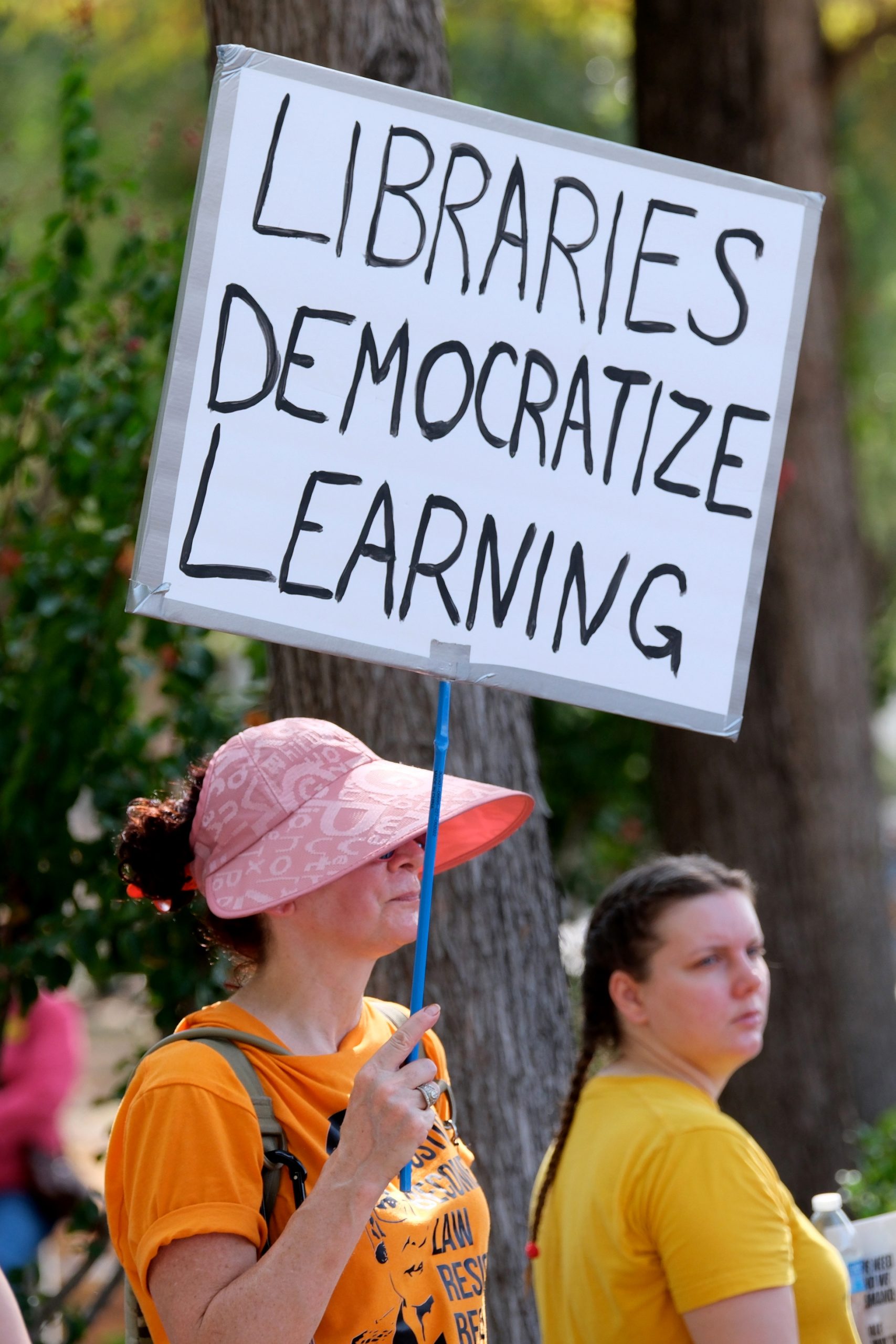|
Getting your Trinity Audio player ready...
|
Think back to your elementary school. Picture the classroom. It’s likely at some point, you had a colorful, A-B-C rug to gather upon for story time. I remember the way my ponytail would skim the black-and-white floor tiles next to my right hand as I laid on my belly, coloring. Fighting over a spot on the couch for independent reading. Stamping my hand into a pile of paint to create construction paper turkeys to decorate our walls at Thanksgiving. I remember colors, and textures. Vivid memories that remain bright decades later because of all the sensory details.

Those moments were what defined my school experience. They’re what made it successful. And it matters how you define success — which metrics you use to determine whether you’ve accomplished what you set out to do.
In a world where we can sift and sort every part of a child’s learning journey into neat little columns stacked with quantifiable data, then flip them on their heads to join their classmates in a veritable cafeteria full of pivot tables, how do we determine if we’ve done right by our city’s students? How do we define success?
That’s the question I asked Houston ISD Superintendent Mike Miles earlier this year when he (well, his people, really) invited me to sit down with him and discuss his plans for the nation’s eighth largest school district. His answers — heavier on qualitative than quantitative skills — surprised me. But as Miles continues to roll out new plans like shuttering school libraries, eliminating creature comforts in classrooms and walking back the high-pay promises made to teachers, I’m left wondering: Why don’t his words sync up with his actions?
The importance of reading
“Number one,” Miles told me, as we sat across from each other at a table inside Wheatley High School, the very school that triggered the state takeover that brought Miles to Houston, due to its inability to meet state metrics for several years. “There are proficiencies in some of the subjects that are necessary for that child — that student — to be placed in a position to be successful in the world and the workplace that’s occurring now, and hopefully in the year 2035.
“So that child needs to be able to read. That student needs to be able to do math at a certain level, and understand science at a certain level,” he continues.

All of this is to be expected. Reading, math and science are all subjects assessed on Texas’ standardized tests. And it’s well documented that a child’s literacy is an early and accurate predictor of their overall educational success. Think about it: How can you solve a math problem if you can’t read it? Miles is right to point to a student’s ability to read as his very first metric for success.
So why are we repurposing libraries — including the one in the school that my daughter will attend? Why are we devaluing the idea that books should occupy a central, sacred space in a child’s education — especially in a city that has seen its public libraries’ hours scaled back since the pandemic? And why are we doing so in such a permanent, destructive way? I suspect I’m not the only one who’s considered the long-term ramifications: Once an amenity like a library is diminished, do we honestly think it will ever be fully restored?
Right brain
“I think they also need to learn how to learn,” Miles continued. “Be critical thinkers. Understand information literacy. Be able to communicate, and have exercise and some experience in right-brain activities. Because left brain — anything in your left brain can be done by a computer — and will be.”
Miles is correct on that last point. I received an email earlier this week from Rice University pitching me experts who could talk about a recent report, which found that about 12 percent of Houstonians could lose their jobs by 2027 due to artificial intelligence.
The acknowledgment that math can be computed by calculators and essays can be written by Chat GPT highlights the important distinctions between humans and robots. Our creativity. Our humanity. The way we don’t always move from A to B, directly to C. We find interesting routes, and learn through the detours. We add flourishes to a world in a way binary code can’t quite figure out how to do with authenticity.
We are not robots. Or data. We are squishy beings that need to be exposed to squishy subjects in order to become the best versions of ourselves.
I know this. You know this. School kids know this. Teachers know this. And while Mike Miles says he knows this, I wonder: Does he truly believe it? Because reports of schools that have had all their individuality and hominess stripped from them fly in the face of the idea that schools should serve children’s right brains — the hemisphere believed to be responsible for artistic and creative endeavors, as opposed to the logical and rational tasks that are thought to be tackled in the left brain.

Creativity
Yet as Miles continues to streamline the schools he has determined are in need of having their own definitions of success redefined, the little flecks of character — like construction paper turkeys — are being removed. “Your classroom is not your living room,” Miles told journalists from the Houston Chronicle last week as they eyed the barren classrooms where children don’t even have a space to stuff a jacket.
Yes, of course a child’s classroom is not their home. And that’s what makes the built environment of a classroom so crucial. For many children, home is not their safe space. School is. To make them feel less at ease in what can be a sanctuary that provides a caring adult and regular meals is robbing many of this city’s children from an opportunity to live in peace and calmness. And we all know, a kid can’t succeed if they don’t feel safe.
Miles also touted exposing children to “dance, piano, martial arts, graphic design, photography.” Many areas of study that he has spoken out loud without diving into details about how these subjects will truly be rolled out — and valued.
I agree with Miles on many of the ways he defined success when he looked me in the eye and answered my question on the topic. But I’m not convinced he did. What he’s told me and what he’s showing me are two different stories.
And what he’s showing me is not how I want success defined for my child.
Clarification: This column has been revised to make clear that school libraries have been repurposed but not fully closed.
Share your Houston stories with me. We can start on Twitter, Facebook and Instagram. Or you can email me at [email protected].


